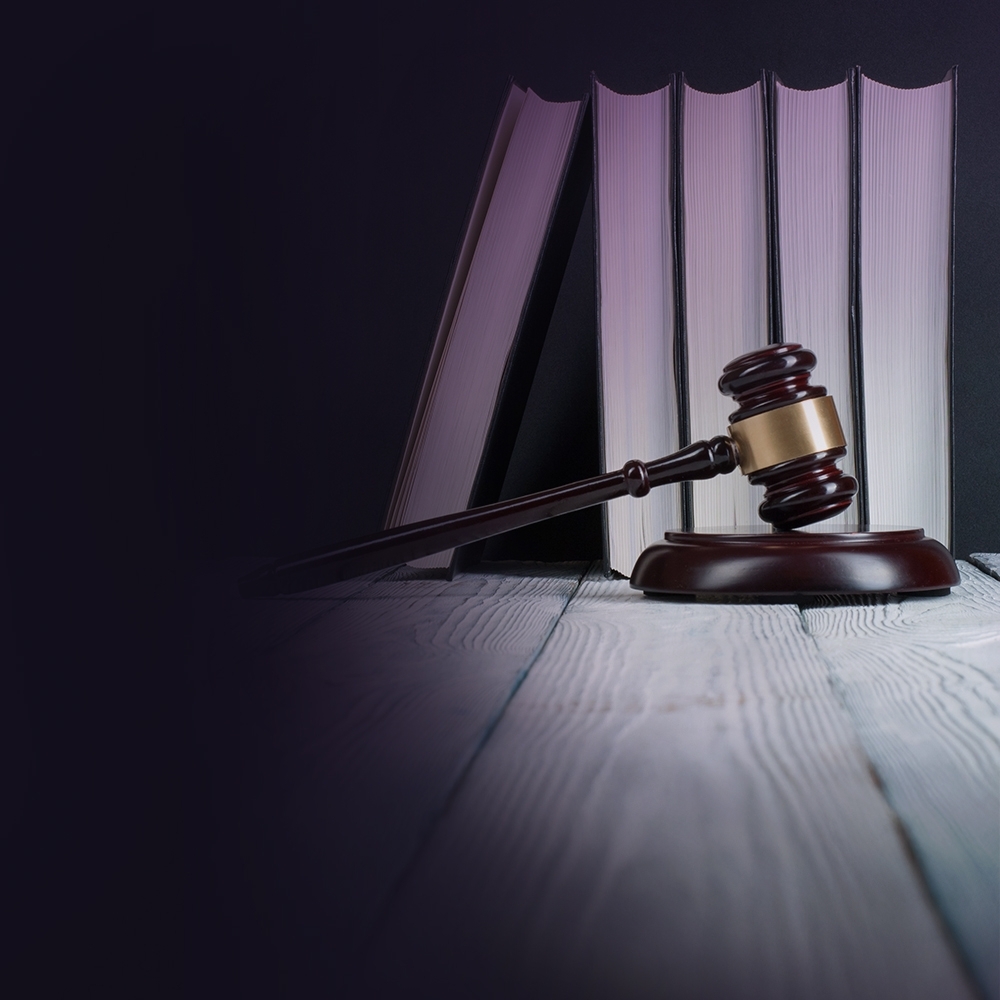30.04.2025
Keltie moderated the EUIPO and Irish Customs webinar which focused on the ‘dos and don’ts’ when filing EU AFAs. This interactive session was well attended by Intellectual Property (‘IP’) rights holders as well as legal representatives. The aim of this session was to raise awareness and encourage IP rights holders to adopt a proactive approach by filing AFAs in order to mitigate the risk of infringing and counterfeit goods crossing borders and reduce the need for filing Ex-officio AFAs where goods have been seized but AFAs are not in place.
Thank you
Given the recent change that requires all EU AFAs to be filed electronically and the development of the new mobile app for enforcers, this was a great opportunity to bring the EUIPO together with Irish Customs. The EUIPO developed the IP Enforcement Portal (IPEP) in order to file and manage EU AFAs online.
AFAs are invaluable weapons for IP rights holders to fight against counterfeits and infringing goods inundating the marketplace in the EU, the UK and abroad. AFAs allow IP rights holders to put the relevant authorities on notice of their IP rights (including trade marks, patents, designs, geographical indications and copyright) in order to identify, seize and destroy infringing and counterfeit goods.
Some ‘don’ts’ include: not uploading the entire IP rights portfolio; not uploading the entire product portfolio; and not uploading pages of providers and traders. Some ‘dos’ include: providing information regarding genuine goods as well as information on known counterfeit/infringing goods; grouping product information; uploading photos that focus on authentication signs (not general images from the rights holder’s website); including information on known infringers; entering the main logistics, providers and traders; and uploading a ‘Picture Guide’ on how pictures of detained goods should be taken.
Whilst AFAs can be filed only with mandatory information in the UK and EU, it was clear from the session that further detailed information is extremely helpful in order to assist authorities in the detection of such goods. Further, authorities encourage IP rights holders to use the ‘small consignment’ procedure which enables authorities to seize goods under a certain quantity/size to be destroyed without consultation thereby reducing the administrative burden on IP rights holders and authorities.
The application process is cost effective and relatively quick in the UK and EU- once accepted, authorities will be able to detect suspicious goods and contact IP rights holders/representatives in order to take action. AFAs are maintained throughout the year and renewed annually.
Keltie would be delighted to assist with any queries relating to AFAs. Please do get in touch with eleni.mezulanik@keltie.com for further information regarding AFAs and she will be happy to assist/involve the Keltie Customs team.

04.07.2025
Generative AI and CopyrightThe launch of OpenAI’s ChatGPT in November 2022 brought generative AI to the forefront, transforming how people work and create. Since then, models that can process and generate not only text but also images, audio, and video have gained momentum. However, these advancements raise significant copyright concerns: generative AI uses copyrighted materials for training and produces realistic, original content, thus challenging traditional concepts of authorship and originality.

27.08.2025
Leading the way in life sciences IP: Q&A with Laura KehoeKeltie is rated as ‘Outstanding’ in the 2025 WIPR UK Patents Rankings. This ranking recognises the top firms in UK patent law for their expertise, reputation and client service. This is a powerful endorsement of Keltie’s expertise in supporting innovation across a wide range of sectors, including life sciences, chemistry, software and engineering. Keltie’s team has long been known for its collaborative, commercially grounded approach to IP, and this ranking is a reflection of that continued success.
Thank you